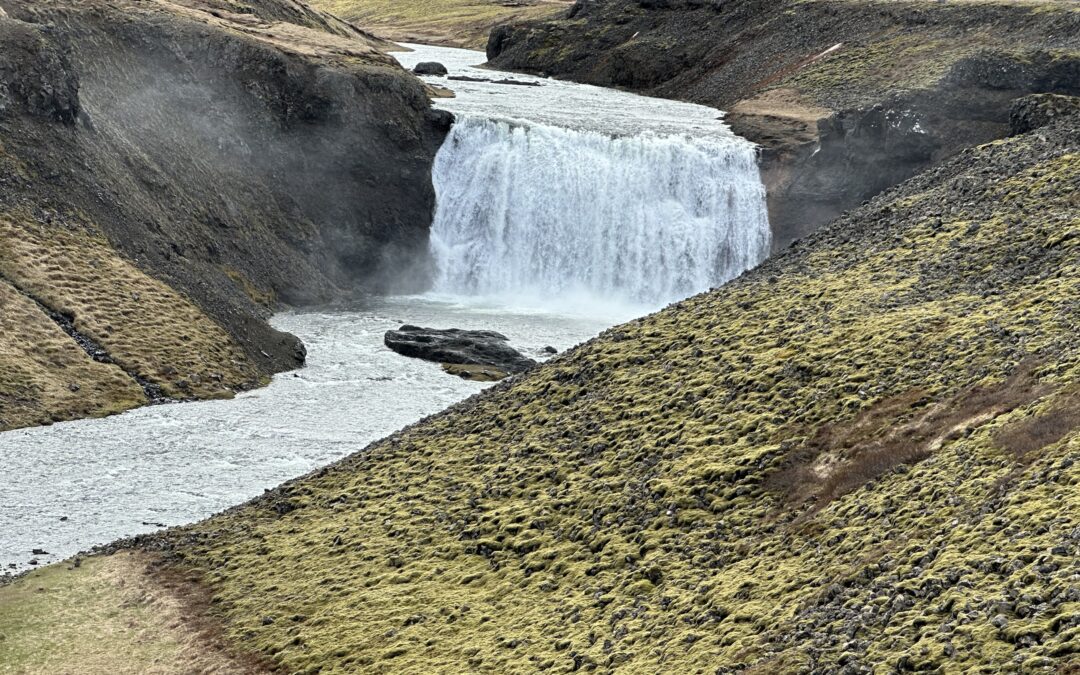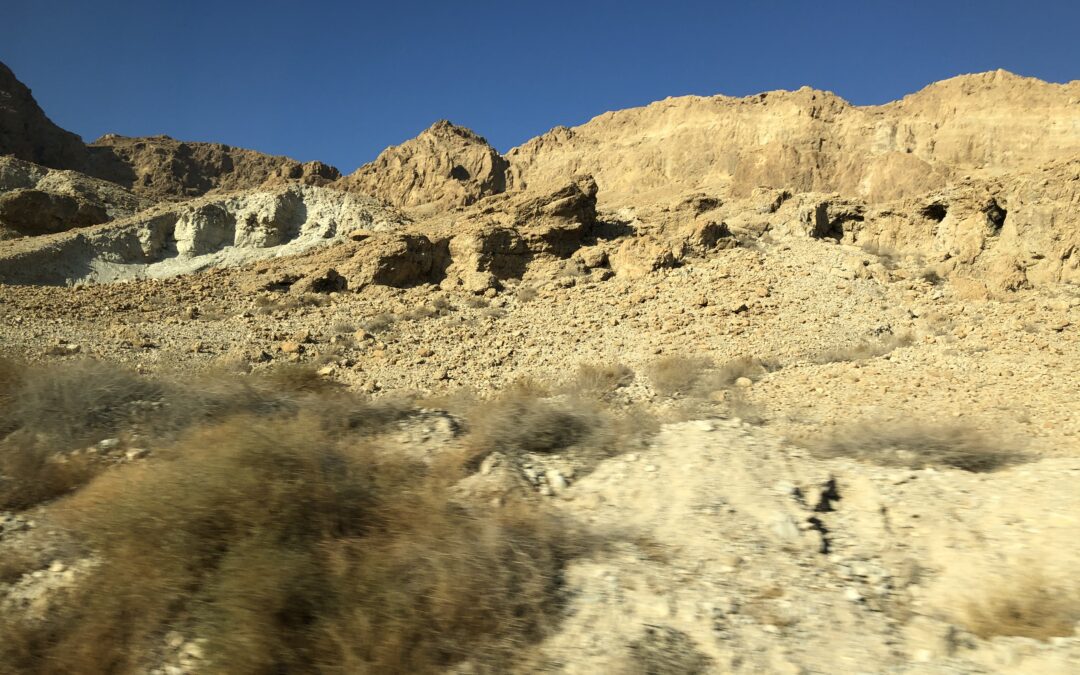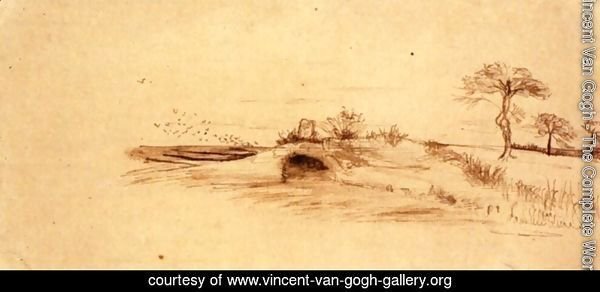This week’s Torah reading, Ki Tetze, ends with a command to the Israelites regarding the nation of Amalek, “Remember what Amalek did to you on your journey, after you left Egypt; how, undeterred by fear of God, he surprised you on the march, when you were famished and weary, and cut down all the stragglers in your rear. (Dev. 25:17-18)
Why the Israelites allowed “stragglers,” the most vulnerable among them, to be exposed in the rear as opposed to protected in the center, hasn’t escaped notice by our Sages, ancient and modern, but that’s a discussion for another time.
Verse 19 says, “Therefore, when the LORD your God grants you safety from all your enemies around you, in the land that the LORD your God is giving you as a hereditary portion, you shall blot out the memory of Amalek from under heaven. Do not forget!” In Hebrew, timkheh et zeycher Amalek mi takhat haShamayim, lo tishkach!
Over the past several months we’ve seen calls to remove statues of Confederate generals and others deemed racist or exploitative, such as the one of President Teddy Roosevelt in front of the Museum of Natural History; to rename military bases school and other buildings; and in my own village of Malverne, to rename a street named for one of its most prominent and active founders, given the well-documented knowledge that he had occupied a high position in the KKK and participated in its activities.
As a rabbi and a human, it’s my job to speak out against injustice and stand up for the rights of others, but I’m not taking a position on this controversy; it’s complicated. Should these statues come down, or be moved, or should they be reminders of the history of the United States–in all its glory and disgrace? Nothing is perfect.
The Torah tells us to blot out the memory of Amalek, and later, to completely destroy Amalek, which is the beginning of the end of King Saul’s reign (see 1 Samuel 15:3).
What I think is more important are the lessons we can learn about memory and history. The Talmud (Bava Batra 21b) tells of a conversation about Amalek between King David and his nephew and general Joab, where they disagreed over the correct pronunciation of the root zayin–chaf–resh. Without vowels, it can be read different ways with very different meanings. King David read it as zaycher–memory, while Joab as zakhar-male descendants of Amalek. Joab went back to his childhood Bible teacher and asked, “How did you read this word to us? The teacher said to him: I read it as zeycher. The teacher had read it the proper way, but he failed to notice that his student had learned it incorrectly.
History has its place–the good, the bad and the ugly. As the debate over “erasing the past” continues, may we merit the wisdom to see various sides of the argument, and to make sure not only that we teach future generations, but we also notice what they’ve learned.











0 Comments